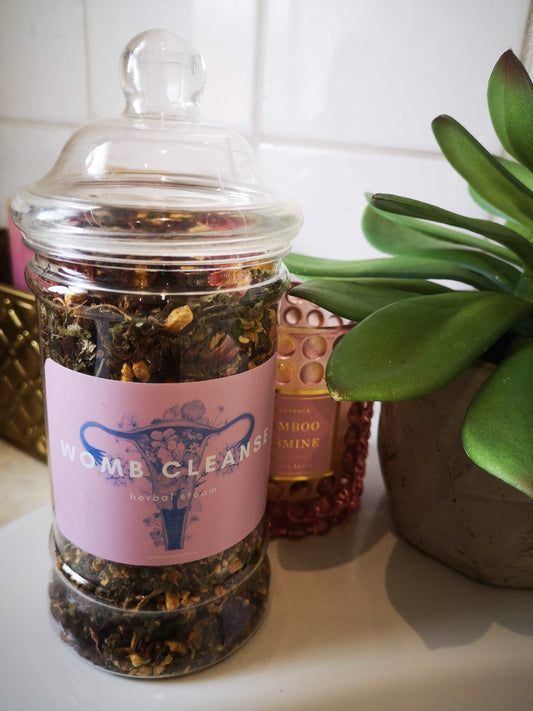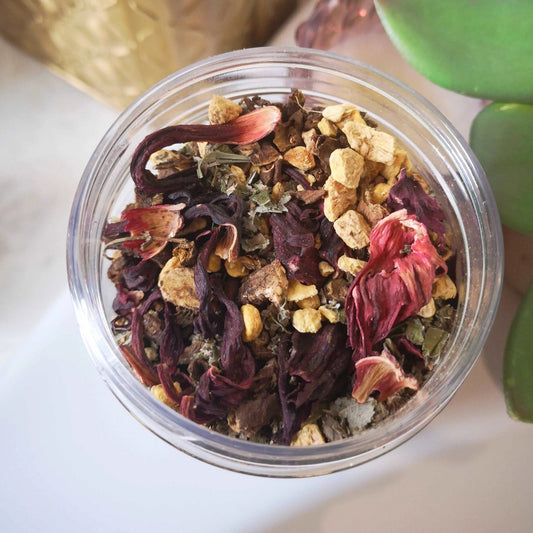Fibroids, also known as uterine fibroids, are non-cancerous growths that develop in or around the uterus. They are composed of muscle and fibrous tissue, and can vary in size from small seedlings to large masses that can distort and enlarge the uterus. It’s crucial to understand fibroids because they can affect women in their childbearing years.
Causes of Fibroids
Fibroids exact causes remains unclear, but several factors are believed to play a role, including genetics, hormones, and lifestyle choices. Estrogen and progesterone, two hormones that stimulate the development of the uterine lining during each menstrual cycle in preparation for pregnancy, appear to promote the growth of fibroids.
Symptoms of Fibroids
Fibroids symptoms can range from mild to severe, and some women may not experience any symptoms at all. Common symptoms include heavy menstrual bleeding, prolonged menstrual periods, pelvic pain and pressure, frequent urination, difficulty emptying the bladder, constipation, and backache or leg pains. Because these symptoms can affect a woman's daily life, it's important to seek medical advice if you suspect you have fibroids.
Natural Treatments for Fibroids
Fibroids can be challenging, so managing symptoms and improving quality of life are important goals. Lifestyle changes such as maintaining a healthy diet, exercising regularly, and managing stress can help.
The Healing Tree of Life recommendations
Herbal Protocol for Fibroids
Fibroid reduction and overall reproductive health using Healing Tree of Life herbal protocol include Full Body Detox Tea and Fibroids Buster Tea. This regimen focuses on detoxifying the body, reducing inflammation, balancing hormones, and shrinking fibroid growth.
Step 1: Full Body Detox Tea for 21 days
Step 2 : Fibroids Buster Tea for 3 months
Repeat Step 1 and Step 2 until complete recovery
Dietary and Lifestyle Suggestions
Diet: Focus on a nutrient-dense, anti-inflammatory diet rich in vegetables, proteins and healthy fats (like omega-3s). Minimize or eliminate processed foods, sugar, estrogenic foods, hormones rich foods which can contribute to hormone imbalances and fibroid growth.
Hydration: Drink plenty of water and herbal teas to stay hydrated and support detoxification. Avoid alcohol, which can place stress on the liver and exacerbate hormone issues.
Exercise: Engage in regular, gentle exercise like walking, yoga, or swimming to promote circulation, reduce stress, and support hormonal balance.
Rest & Stress Reduction: Managing stress is essential, as chronic stress can elevate cortisol levels, which can disrupt hormone balance. Incorporate relaxation techniques such as meditation, deep breathing exercises, or journaling to help reduce stress.
















